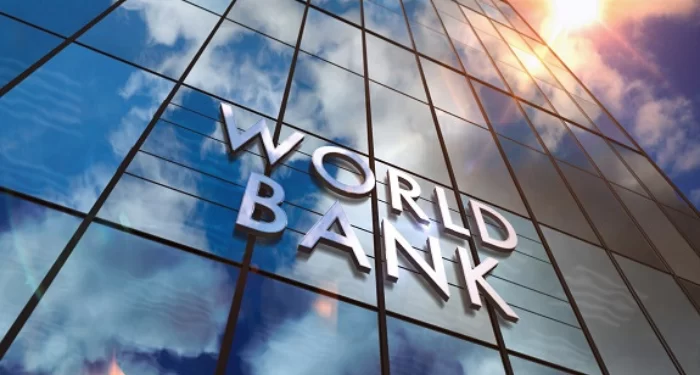In a bid to secure a new $750 million loan from the World Bank, the Federal Government of Nigeria is contemplating reintroducing previously suspended telecom taxes and other fiscal measures. The Stakeholder Engagement Plan for Nigeria’s Accelerating Resource Mobilisation Reforms program, jointly undertaken by Nigeria and the World Bank, outlines the potential revival of telecom excises and EMT levies on electronic money transfers.
Initially suspended by President Bola Tinubu in July 2023, the five percent excise duty on telecommunications and the Import Tax Adjustment levy on certain vehicles may soon be reinstated. Negotiations between the Nigerian government and the World Bank are currently ongoing to meet the targets set forth in the program.
Originally proposed in 2021, the loan request was halted without clear reasons. The overarching objective of the program is to bolster the government’s financial stability by enhancing its capacity to manage and mobilize domestic resources effectively, which includes optimizing tax and customs compliance and safeguarding oil revenues.
Under the ARMOR program, envisaged tax reforms are expected to reverberate across various economic sectors. This initiative, running from 2024 to 2028, seeks to overhaul tax and excise regimes, fortify administrative capabilities of tax and customs bodies, and ensure transparency in oil and gas revenue management.
The World Bank’s contribution of $750 million constitutes a substantial portion of the program’s budget, with the Nigerian government expected to inject $1.17 billion annually through its budgetary allocations.
Affected stakeholders span diverse industries, including telecom and banking service providers, manufacturers of alcoholic beverages, tobacco products, and sugar-sweetened beverages, as well as the general tax-paying public, importers, and international traders. Key industry groups like the Association of Licensed Telecom Operators of Nigeria and various manufacturing associations are being engaged regarding the proposed excise duties and levies.
To ensure equitable implementation and mitigate adverse impacts, vulnerable groups are being actively engaged. Furthermore, technical assistance, with allocations of $5 million each, is earmarked for the Federal Inland Revenue Service and the Nigeria Customs Service to bolster their capacity in implementing the proposed measures effectively.
The envisaged reforms underscore the government’s commitment to enhancing revenue mobilization and fiscal sustainability. However, the reintroduction of telecom taxes and other fiscal measures is poised to stir debate and scrutiny from various stakeholders as Nigeria navigates its economic trajectory.











